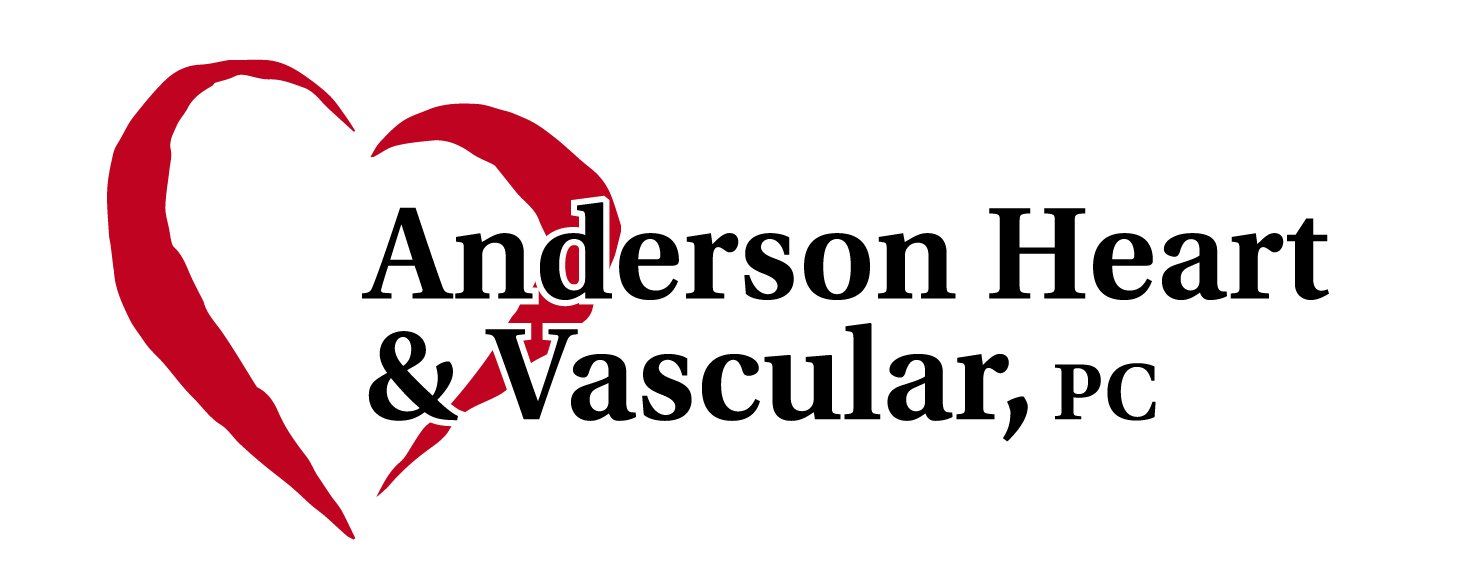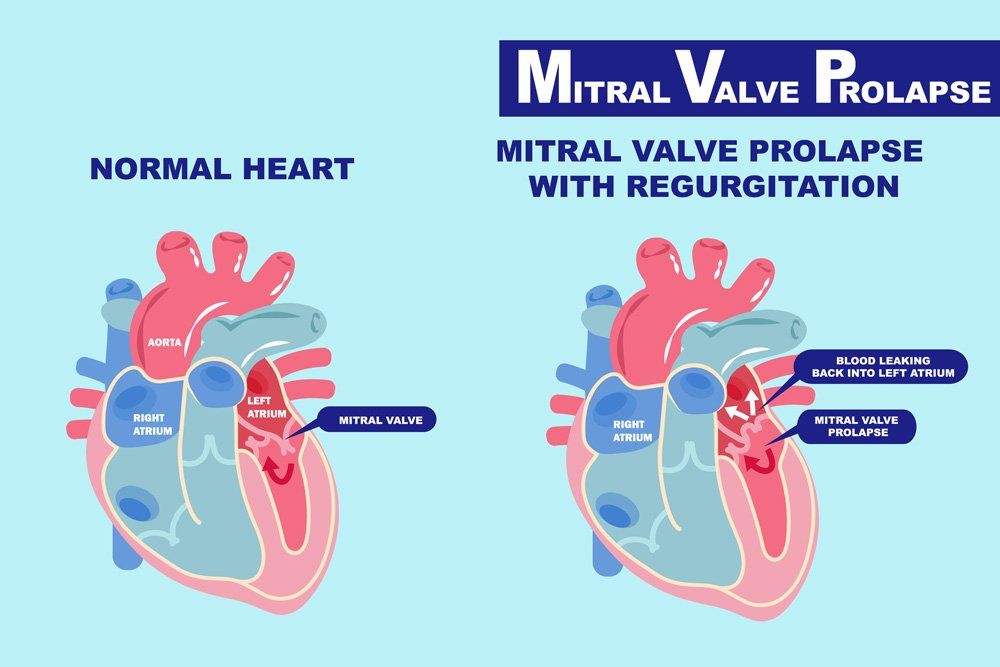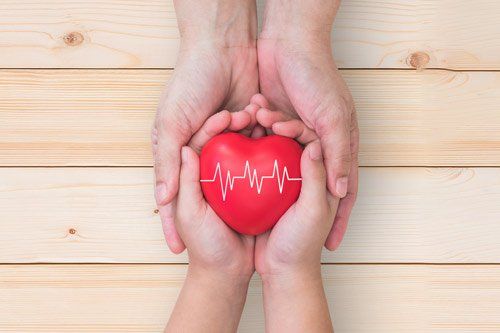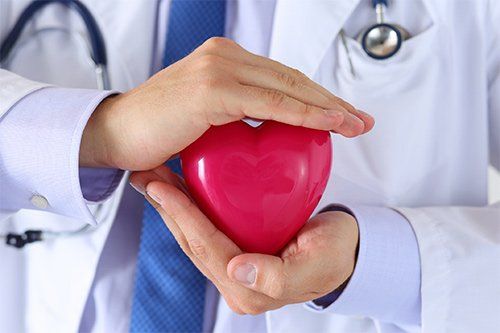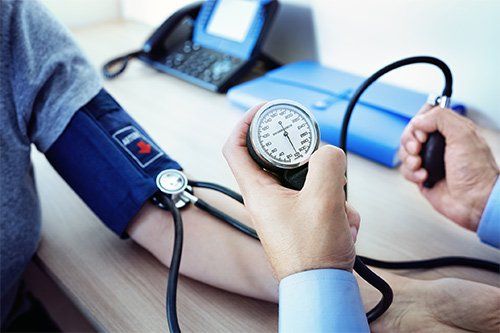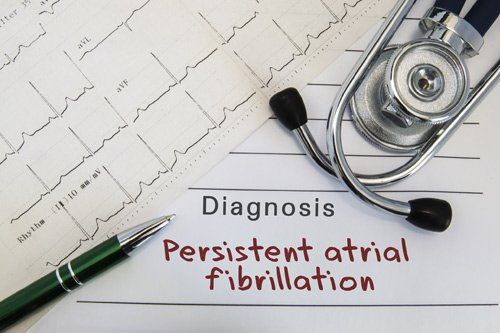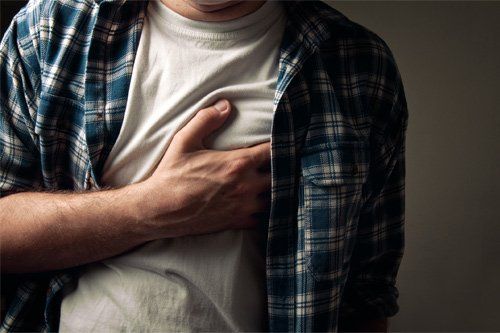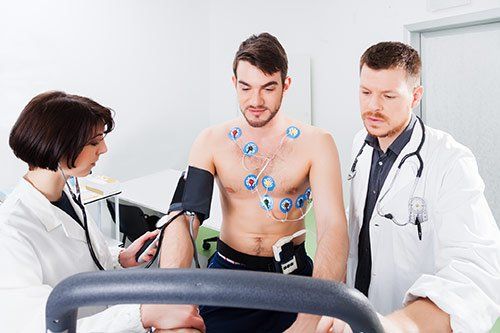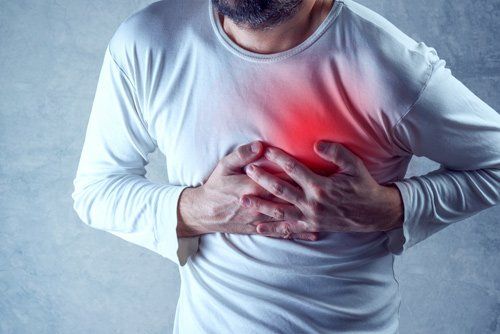Everything to Know About Tachycardia
- By Admin
- •
- 18 Oct, 2019
- •
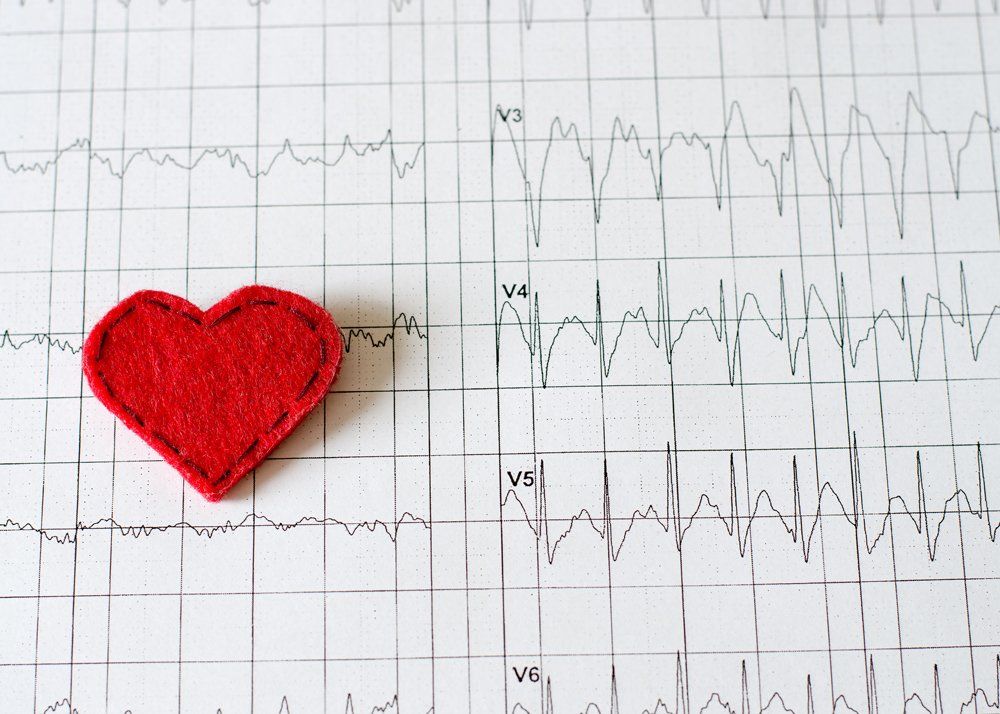
Tachycardia is the medical term for an irregularly fast heartbeat. While it's associated with the heart, you don't have to suffer from heart disease or cardiovascular problems to have tachycardia. Many people are born with minor forms of tachycardia, but even a minor case can result in death if you can't get your heart rhythm back to normal.
If you would like to know more about tachycardia, check out these commonly asked questions.
What Are the Types of Tachycardia?
While all types of tachycardia make your heart beat fast while at rest, there are different types of tachycardia, including atrial fibrillation, atrial flutter, supraventricular tachycardia, ventricular tachycardia, and ventricular fibrillation.
Atrial fibrillation is the most common type of tachycardia, and it usually goes away on its own, and many people with atrial fibrillation may also experience atrial flutter.
Supraventricular tachycardia and ventricular tachycardia usually do not cause major problems and also go away on their own, but if the condition doesn't go away, treatment is necessary to prevent serious complications.
Last, ventricular fibrillation is considered an emergency and can be fatal without treatment (defibrillation within minutes).
What Are the Symptoms of Tachycardia?
In most cases, the heart must be beating over 100 beats per minute while at rest to be considered tachycardia. At first, this may result in a fluttering or thumping sensation in your chest. These palpitations aren't usually painful, but they can be uncomfortable.
In severe cases, such as ventricular fibrillation, you may also have mild to severe chest pain. If you do have chest pain, make sure to seek help immediately as it may be a sign of a heart attack.
If the tachycardia doesn't stop, it can eventually lead to shortness of breath, lightheadedness, and fainting due to your heart working overtime. If you still don't seek treatment, the risk of heart attack or stroke increases. In some cases, you may have no symptoms and may only realize your heart is racing when you take your pulse.
What Causes Tachycardia?
Different types of tachycardia have different causes. Ventricular fibrillation, for example, is often associated with heart attacks. On the other hand, most other types, such as supraventricular and ventricular tachycardia are caused by misfired electrical signals in a certain area of the heart (people are often born with these conditions).
There are some activities that increase the risk of triggering an episode of tachycardia. This may include drinking too much alcohol and/or caffeine. However, even anxiety and stress can cause tachycardia. Also, strenuous exercises, especially when you aren't used to exercise, could push your heart into tachycardia.
Are There Treatments for Tachycardia?
Treatments depend on the severity and type of tachycardia. In many cases, vagal maneuvers work well to stop an episode of tachycardia. These maneuvers affect the vagal nerve, which helps regulate heartbeat. Vagal maneuvers include coughing, bearing down, placing your face in ice water, and massaging the vagal nerve.
If the vagal maneuvers don't work, you may have to go to the hospital for antiarrhythmic medications, which are designed to help restore a regular heartbeat. In the event of ventricular fibrillation, however, only an electric shock can knock the heart out of tachycardia.
You may also be able to prevent future tachycardia attacks with certain medications or surgery.
Tachycardia is often harmless and goes away on its own. However, if your heartbeat won't return to normal, you need to visit the hospital. Overworking your heart for too long can lead to a heart attack, stroke, or other cardiovascular problem.
For more information about tachycardia, treatments, and prevention, contact us at Anderson Heart & Vascular, PC today.
